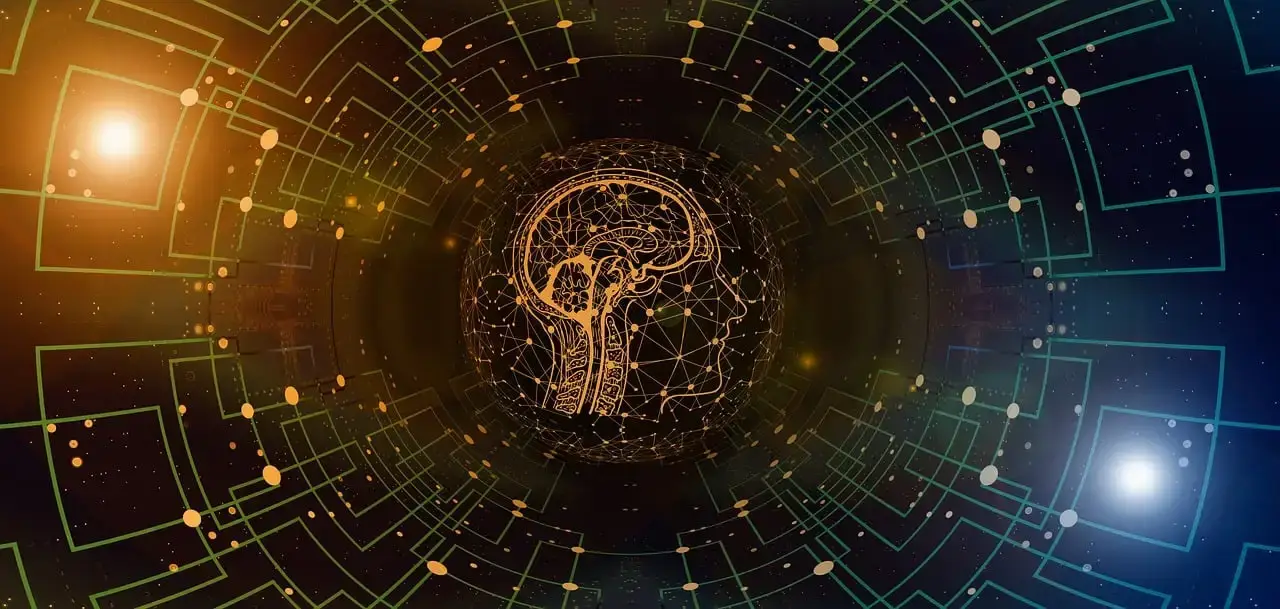AI Will Choose Crypto Over Banks, Says Former Binance CEO
14.04.2025 13:11 1 min. read Alexander Stefanov
During a recent discussion about the intersection of artificial intelligence and blockchain, former Binance chief Changpeng Zhao offered a striking forecast: he believes AI systems will ditch conventional financial tools and turn to crypto for their economic interactions.
Zhao suggested that AI won’t rely on traditional banking infrastructure like credit cards or fiat money. Instead, as these systems become more autonomous and sophisticated, they’ll naturally gravitate toward decentralized digital currencies.
He painted a picture of a near future where AI-driven digital assistants handle routine tasks such as booking flights or arranging accommodations.
In this world, AIs would interact with each other seamlessly, exchanging value through blockchain-based systems that offer speed, low costs, and no need for third parties.
According to Zhao, the progression of AI will be built upon the digital frameworks established by the internet and further advanced by blockchain technology.
In his view, blockchain’s efficiency and transparency make it the perfect match for the kinds of transactions that AI agents will increasingly carry out on our behalf.
-
1
Whales Buy the Dip as Retail Panics: This Week in Crypto
29.06.2025 14:00 3 min. read -
2
History Shows War Panic Selling Hurts Crypto Traders
28.06.2025 18:30 3 min. read -
3
Ripple Faces Legal Setback as Court Rejects Bid to Ease Penalties
26.06.2025 16:54 1 min. read -
4
Coinbase Surges 43% in June, Tops S&P 500 After Regulatory Wins and Partnerships
29.06.2025 21:00 2 min. read -
5
Ripple Has Applied for a National Banking License
03.07.2025 7:00 2 min. read
Bank of America CEO Confirms Stablecoin Plans Are in Motion
Bank of America is actively developing a stablecoin offering, CEO Brian Moynihan revealed during a post-earnings conference call on Wednesday.
PayPal Expands PYUSD to Arbitrum in Latest Blockchain Push
PayPal has expanded its stablecoin, PayPal USD (PYUSD), to the Arbitrum network, marking a key step in its strategy to integrate with faster, more cost-efficient blockchain infrastructure.
Citigroup Explores Launching Stablecoin as Banks Embrace Crypto Shift
Citigroup is evaluating the potential launch of its own U.S. dollar-backed stablecoin, signaling a growing shift in sentiment among traditional financial institutions toward digital assets.
JPMorgan CEO Jamie Dimon Comments Stablecoins
JPMorgan Chase CEO Jamie Dimon remains skeptical of stablecoins—but says ignoring them isn’t an option for the world’s most powerful bank.
-
1
Whales Buy the Dip as Retail Panics: This Week in Crypto
29.06.2025 14:00 3 min. read -
2
History Shows War Panic Selling Hurts Crypto Traders
28.06.2025 18:30 3 min. read -
3
Ripple Faces Legal Setback as Court Rejects Bid to Ease Penalties
26.06.2025 16:54 1 min. read -
4
Coinbase Surges 43% in June, Tops S&P 500 After Regulatory Wins and Partnerships
29.06.2025 21:00 2 min. read -
5
Ripple Has Applied for a National Banking License
03.07.2025 7:00 2 min. read


